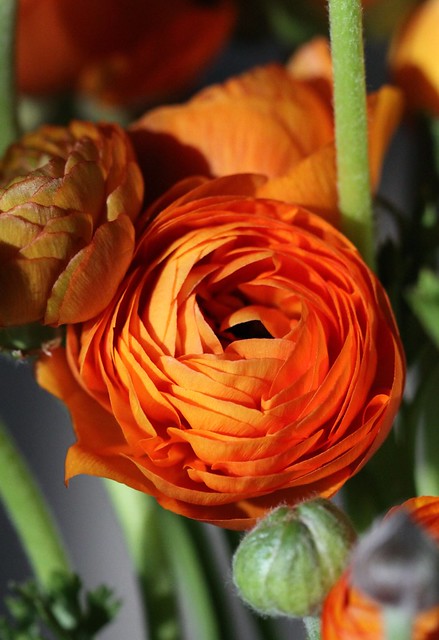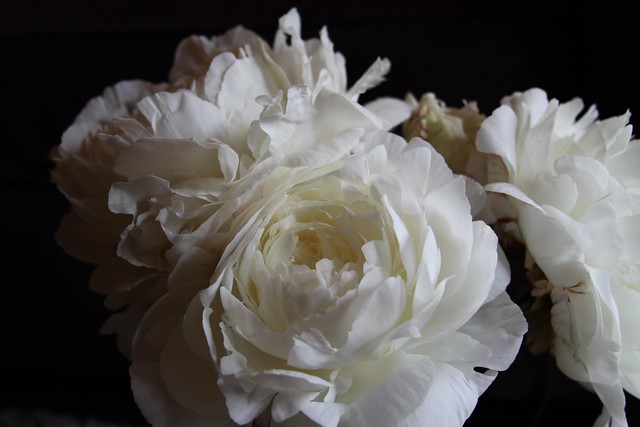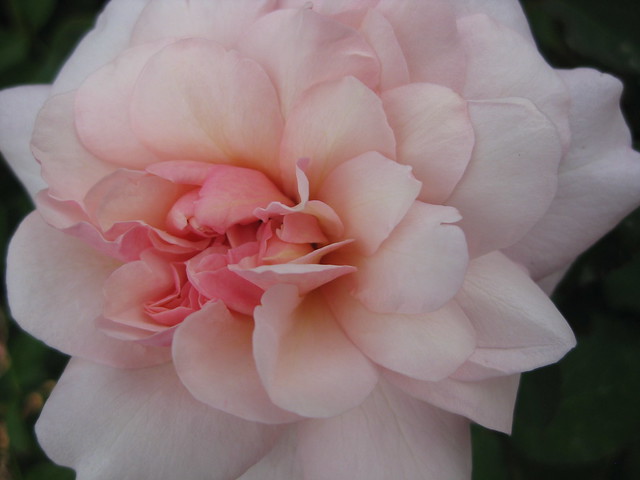A friend shared the poem below on my Facebook page recently, and it literally left me breathless as I read (note: I’ve made a few changes here to make it a bit more female-positive).
A few days ago I was having a thoughtful chat with another friend and it struck me how hard my life has often been–in that I’ve had to bend and alter my path because of situations beyond my control. So many of my wishes and desires are unfulfilled. There are so many ‘what ifs’ to my life that I simply can’t pursue because of circumstance. But despite this, I feel as though I’ve surrendered myself to these restrictions and found even more freedom through doing so. In large part, I think my ability to surface from a morass is because I simply love life so much, and I find huge pleasure in the smallest of things. Perhaps that’s the result of having survived so much already, or perhaps it’s simply my nature. I don’t know. But it makes me feel buoyant and strong.
The Great Lover
by Rupert Brooke
I have been so great a lover: filled my days
So proudly with the splendour of Love’s praise,
The pain, the calm, and the astonishment,
Desire illimitable, and still content,
And all dear names [wo]men use, to cheat despair,
For the perplexed and viewless streams that bear
Our hearts at random down the dark of life.
Now, ere the unthinking silence on that strife
Steals down, I would cheat drowsy Death so far,
My night shall be remembered for a star
That outshone all the suns of all [wo]men’s days.
Shall I not crown them with immortal praise
Whom I have loved, who have given me, dared with me
High secrets, and in darkness knelt to see
The inenarrable god[dess]head of delight?
Love is a flame;—we have beaconed the world’s night.
A city:—and we have built it, these and I.
An emp[ress]:—we have taught the world to die.
So, for their sakes I loved, ere I go hence,
And the high cause of Love’s magnificence,
And to keep loyalties young, I’ll write those names
Golden for ever, eagles, crying flames,
And set them as a banner, that [wo]men may know,
To dare the generations, burn, and blow
Out on the wind of Time, shining and streaming….
These I have loved:
White plates and cups, clean-gleaming,
Ringed with blue lines; and feathery, faery dust;
Wet roofs, beneath the lamp-light; the strong crust
Of friendly bread; and many-tasting food;
Rainbows; and the blue bitter smoke of wood;
And radiant raindrops couching in cool flowers;
And flowers themselves, that sway through sunny hours,
Dreaming of moths that drink them under the moon;
Then, the cool kindliness of sheets, that soon
Smooth away trouble; and the rough male kiss
Of blankets; grainy wood; live hair that is
Shining and free; blue-massing clouds; the keen
Unpassioned beauty of a great machine;
The benison of hot water; furs to touch;
The good smell of old clothes; and other such—
The comfortable smell of friendly fingers,
Hair’s fragrance, and the musty reek that lingers
About dead leaves and last year’s ferns….
Dear names,
And thousand others throng to me! Royal flames;
Sweet water’s dimpling laugh from tap or spring;
Holes in the ground; and voices that do sing:
Voices in laughter, too; and body’s pain,
Soon turned to peace; and the deep-panting train;
Firm sands; the little dulling edge of foam
That browns and dwindles as the wave goes home;
And washen stones, gay for an hour; the cold
Graveness of iron; moist black earthen mould;
Sleep; and high places; footprints in the dew;
And oaks; and brown horse-chestnuts, glossy-new;
And new-peeled sticks; and shining pools on grass;—
All these have been my loves. And these shall pass.
Whatever passes not, in the great hour,
Nor all my passion, all my prayers, have power
To hold them with me through the gate of Death.
They’ll play deserter, turn with the traitor breath,
Break the high bond we made, and sell Love’s trust
And sacramented covenant to the dust.
—Oh, never a doubt but, somewhere, I shall wake,
And give what’s left of love again, and make
New friends, now strangers….
But the best I’ve known,
Stays here, and changes, breaks, grows old, is blown
About the winds of the world, and fades from brains
Of living [wo]men, and dies.
Nothing remains.
O dear my loves, O faithless, once again
This one last gift I give: that after [wo]men
Shall know, and later lovers, far-removed
Praise you, “All these were lovely”; say, “[S]he loved.”



